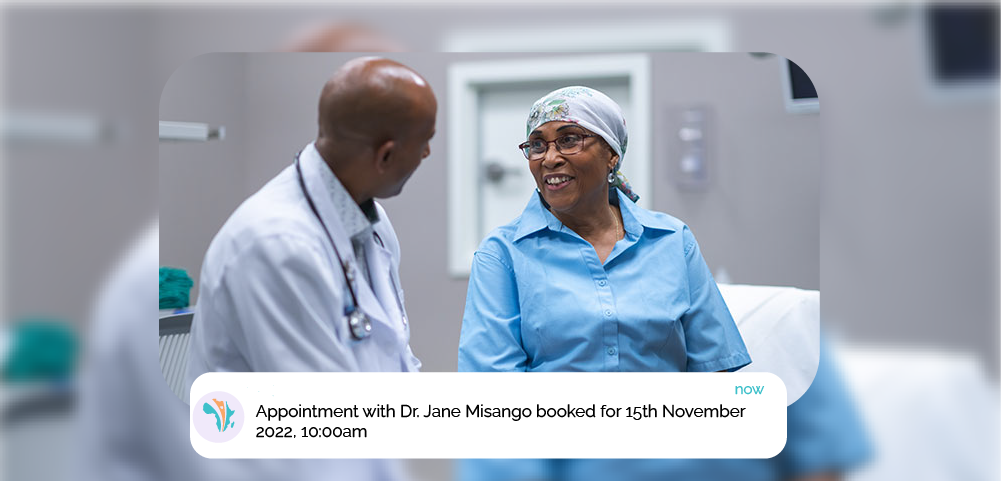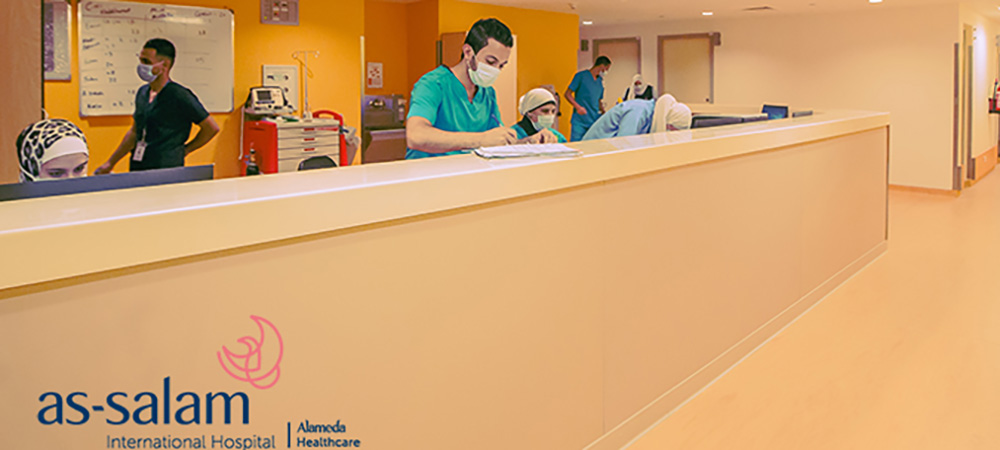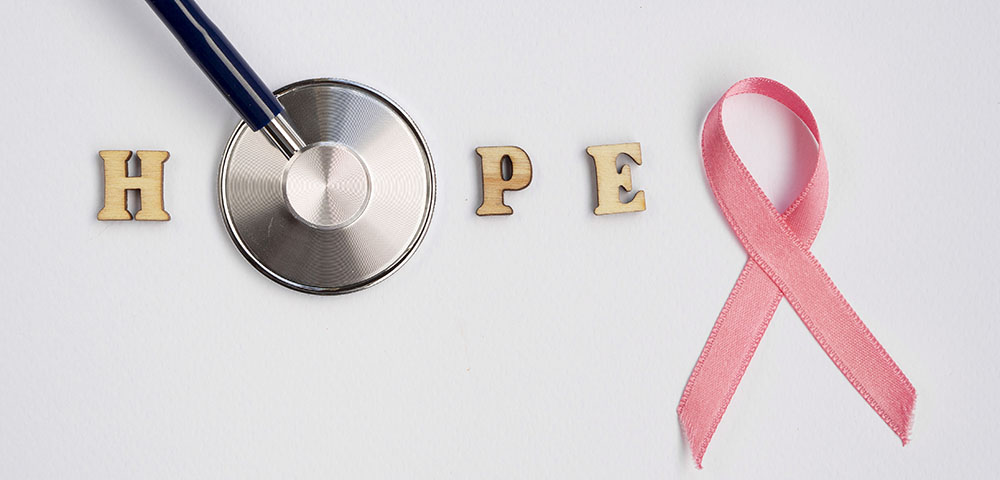
Why You Need to See an Oncologist
22 Nov, 2022Reasons to consult an oncologist include confirmation of a cancer diagnosis, additional tests, a second medical opinion, or comprehensive cancer treatment.
According to the National Cancer Institute of Kenya, cancer is the 3rd leading cause of death after infectious and cardiovascular diseases in the country.
A report by The International Agency for Research in Cancer (IARC) GLOBOCAN indicates an estimated 47,887 new cancer cases in 2018 and annually, with a mortality of 32,987.
Key Takeaways
1. You need to see an oncologist to confirm a cancer diagnosis and get a comprehensive cancer treatment option.
2. Breast, cervical, prostate, oesophageal, and colorectal cancers are the most common cancer in Kenya.
3. There are different types of cancer, with each having specific symptoms
Who is an Oncologist?
An Oncologist is a medical professional with expertise in investigating, diagnosing, and treating patients with cancer or suspected cancer.
The oncologist has a wealth of knowledge and experience in treating different types of cancer, including breast, lung, and skin cancer. If diagnosed with cancer, an oncologist provides a comprehensive treatment plan based on your pathology reports.
The treatment plan depends on the type of cancer, how much it has developed and how quickly it is likely to spread to various parts of your body.

Types of Oncologists
There are different types of oncologists with expertise in treating various types of cancer. Here are some types of oncologists:
1. Surgical oncologists - have expertise in performing surgery to remove tumours.
2. Medical oncologists - administer medications used during chemotherapy, targeted therapy, and immunotherapy.
3. Radiation oncologists - have experience in delivering radiation therapy.
4. Gynaecologic oncologists - treat patients suffering from cancers, such as cervical, uterus, and ovarian cancer.
5. Paediatric oncologists - treat children suffering from childhood acute lymphoblastic leukaemia, Ewing sarcoma and childhood brain tumours.
6. Neurological oncologists - treat patients suffering from brain tumours and cancer affecting the nervous system.
7. Haematology oncologist - specialises in diagnosing and treating patients suffering from blood cancers.
8. My1Health helps you get the medical care you deserve when your health gets complicated, and you don’t know where to turn.
Talk to a patient support specialist now, and let’s assist you in getting the medical attention you need.
Reasons to See an Oncologist
According to The Asco Post, breast, cervical, prostate, oesophageal, and colorectal cancers are the most common cancer in Kenya.
Cervical is the leading cause of cancer death in Kenya, followed by breast, oesophageal, colorectal, and prostate.
There are different types of cancer, with each having specific symptoms. You need to see an oncologist if you are experiencing the following cancer symptoms.
If you have any changes in bowel habits, i.e., diarrhoea or constipation
- Having nausea
- Loss of appetite
- Finding difficulty in swallowing
- Experiencing persistent cough or hoarseness
-Unexplained weight loss
- Feeling pain or being fatigued
- Experiencing night sweats
- Having abnormal bleeding, i.e., urine, stool, vaginal
- Having a new or unusual bump or lump on your body
Are you unsure of your medical condition? Would you like a preliminary evaluation or a second medical opinion? Talk to a patient support specialist and get an oncologist's comprehensive second medical opinion.
Here Are Reasons Why You Need to See an Oncologist
- To confirm a cancer diagnosis
Your primary care physician will refer you to an oncologist in cases where they cannot provide you with comprehensive treatment.
The oncologist will rule out a diagnosis or narrow down what is causing your symptoms.
- Get additional testing
You may be required to get a biopsy or additional testing if you have a tumour or growth.
The oncologist can rule out cancer as a potential diagnosis. If you get a positive test result, you will be in the care of a specialist who can help you with cancer treatment.
- Get a second medical opinion
You need to seek a second medical opinion to confirm your diagnosis, explore additional treatment options, or get a different perspective from a cancer specialist.
- Get comprehensive cancer treatment
The oncologist will provide you with the available cancer treatment options. The treatment will depend on your cancer type, stage, and other health factors you will discuss with the cancer specialist.

Were you recently diagnosed with cancer? Talk to a patient support specialist to walk you through finding the right oncologist and preparing for your first appointment.
READ: Cancer: Symptoms, Cause, Treatment, and Prevention
What to Expect During Your First Appointment
For your first visit, the following information will be needed:
- Your medical history
- Your cancer diagnosis reports, e.g., lab work and biopsies.
- Radiology scans, e.g., X-rays, CT, MRI, PET scans
If you are diagnosed with cancer, the oncologist will work with other medical professionals to manage all aspects of your care. The oncologist will:
- Give a general description of the type of cancer you have
- Help you understand your diagnosis
- Review your treatment options, weighing the benefits and drawbacks of each, and provide you with a personalised treatment plan.
- Answer your questions and concerns about the treatment plan.
- Assist you in managing the side effects of your cancer or its treatment.
- Walking down the road to better health can be complicated and overwhelming. Our goal is to help you find the best care with the right specialist as quickly as possible.
Book your doctor’s appointment and consult on the condition affecting your health.